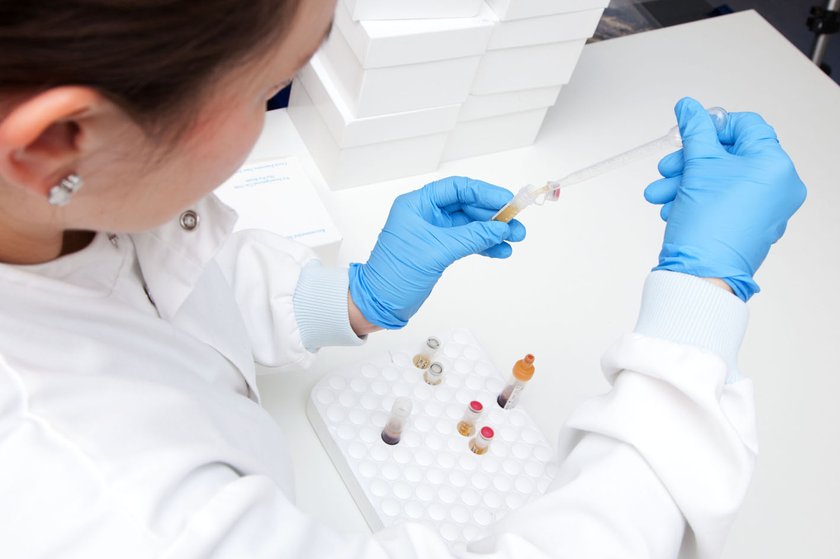Around £3 million has been awarded to Cambridge doctors and scientists to boost research in to new cancer treatments, including vital trials involving Addenbrooke's patients.
Cambridge’s Experimental Cancer Medicine Centre (ECMC) will receive the cash injection over the next five years to help doctors and scientists find the cancer interventions of the future for both adults and children.
The funding has been made possible by a partnership between Cancer Research UK, the National Institute for Health and Care Research (NIHR) and the Little Princess Trust specifically for children’s cancers.

Cambridge is part of a network of 17 ECMCs across the UK, funded by Cancer Research UK, that deliver clinical trials of promising new treatments and work with local NHS facilities to provide access to cutting-edge cancer treatments. Testing these treatments helps to establish new ways of detecting and monitoring the disease, and to evaluate how it responds to the treatment.
Since 2012, Cambridge’s ECMC has contributed to the diagnosis and treatment of thousands of people with cancer or at risk of developing cancer in over 230 clinical trials conducted at Addenbrooke's Hospital.
The new Cambridge Cancer Research Hospital will enable even greater ambition in our plans.
Dr Bristi Basu
Cambridge ECMC lead Dr Bristi Basu said:
“We are delighted that Cambridge has secured this funding.
“Clinical trials are crucial to new and improved treatments becoming adopted as standard treatments by the NHS, and this funding will allow us to advance how we can diagnose and treat cancer effectively.

“Over the next five years, we’ll continue to champion experimental medicine studies for patient benefit, across the spectrum of early to advanced disease, supporting translation of basic research to patient-facing trials, so impacting people with cancer in Cambridge and beyond.
“The new Cambridge Cancer Research Hospital will enable even greater ambition in our plans.”

The funding will allow new, experimental treatments - including immunotherapies - for a wide variety of cancers to be developed as well as improve existing treatments.
Cancer Research UK has been an integral part of the discovery of many new cancer treatments such as the drug tamoxifen, for which the charity funded phase four clinical trials to validate it as an effective treatment for breast cancer.
Tamoxifen is now a common treatment for people with oestrogen receptor positive breast cancer and it appears on the World Health Organisation’s list of essential drugs for the disease.
As a result of tamoxifen, nearly two thirds of people diagnosed with breast cancer this decade are predicted to survive their disease for 20 years or more.
The trials taking place today will give the next generation the best possible chance of beating cancer.
Dr Iain Foulkes
Executive Director of Research and Innovation for Cancer Research UK, Dr Iain Foulkes, said:
“We are proud to be supporting an expansion of our successful ECMC network, bringing together vast medical and scientific expertise to translate the latest scientific discoveries from the lab into the clinic.
“The adult and paediatric ECMC networks will offer clinical trials for many different types of cancer. Working with our partners, this new funding will bring hope for more effective, personalised therapies for everyone affected by cancer.”

Minister of State for Health, Helen Whately, said:
“A cancer diagnosis can be devastating, but the earlier the diagnosis, the better the chance to treat it and beat it. We are already picking up more cancers early by screening, but we can do even better.
“Every life lost to cancer is devastating and I’m pleased that across the country people will be given renewed hope – especially children and young people – that we can beat this awful disease.”